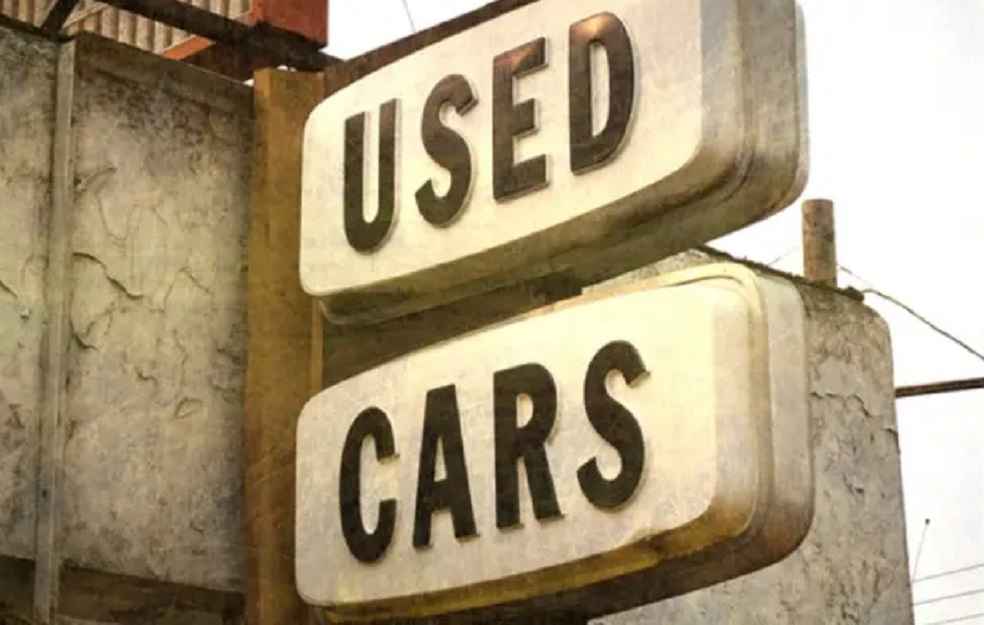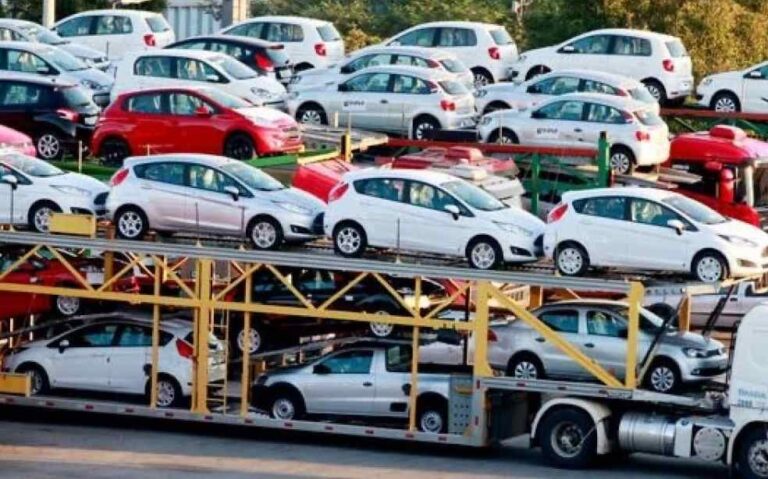To reinforce Pakistan’s auto sector, Ali Asghar Jamali, CEO of Indus Motor Company (IMC), has proposed substantial tax increases on imported used cars. This initiative, designed for inclusion in the upcoming fiscal budget, was presented to Pakistan’s key economic officials, including the Federal Minister for Finance, the Industries Minister, and the chairman of the Federal Board of Revenue (FBR).
Jamali argues for raising duties on imported used vehicles to bolster local manufacturers during a phase marked by economic stabilization and possible interest rate reductions. This approach arises as the local auto industry grapples with a downturn, evidenced by a 58% sales drop at IMC in the first half of 2023. Jamali contends that mitigating the influx of imported used cars would enable domestic producers to recover market share and stabilize production, potentially doubling annual output from 275,000 to 500,000 units.

Additionally, Jamali highlighted Indus Motor Company’s $100 million commitment to hybrid electric vehicle (HEV) production, including the introduction of the Corolla Cross, Pakistan’s first locally manufactured hybrid SUV. He emphasized the dual advantages of HEVs as a sustainable response to Pakistan’s economic and environmental challenges, reflecting global shifts towards vehicle electrification.
Despite a 28% rise in local car sales from January 2024, a 711% spike in used car imports in February compared to the previous year threatens the industry’s recovery. Jamali warns that without strategic measures, this trend could obliterate the entire vendor industry linked to local auto manufacturing.

Jamali also underscored the substantial economic contributions of the local auto sector, with approximately $2.5 billion invested and around Rs400 billion generated in taxes during fiscal year 2022. The sector is a pivotal employer, providing jobs to approximately 2.5 million people directly and indirectly. He praised the Toyota Corolla Cross for its performance and noted its sector-leading localization of over 50%.
By embracing these recommendations, Jamali asserts that not only would the future of the local auto industry be secured, but the Federal Board of Revenue’s collections could also see an increase of approximately Rs 80 billion, thereby supporting the broader economic stability and sustainability of Pakistan.
LATEST | Vietnam Auto Industry Challenges and Growth in the Face of FTAs





